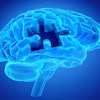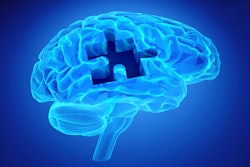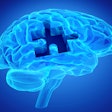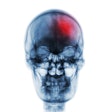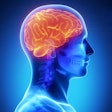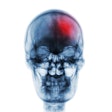Middle-age and older individuals who have trouble chewing may be nearly three times more likely to experience cognitive impairment, according to a large study published on April 3 in the Journal of Dentistry.
However, poor oral health may not be linked to diminished cognitive function, the authors wrote.
"Addressing chewing difficulties may serve as a modifiable risk factor for early cognitive decline, offering a potential window of opportunity to slow down the process of cognitive decline among aging populations," wrote the authors, led by Dr. Raphael de Souza of McGill University in Montreal.
Worldwide, specifically in developed countries like the U.S. and Canada, life expectancy has risen, leading to a higher proportion of older adults. Greater life expectancy has been linked to a rise in the risk of dementia.
Over the years, research has shown that oral health has turned up as a possible modifiable risk factor for dementia. However, the research remains conflicting.
To explore the correlation between oral health factors and cognitive functioning in the Canadian population, a cross-sectional study using the Canadian Longitudinal Study on Aging that included data from 30,097 people between the ages of 45 and 85 was conducted.
Self-reported oral health and masticatory ability were used to assess oral health. Cognitive function was measured using neuropsychological tests, and a cognitive impairment indicator was derived. Also, logistic regression models were used to examine the correlation.
Inadequate masticatory ability was significantly linked with higher odds of cognitive impairment (odds ratio [OR] = 2.82, 95% confidence interval [CI] = 1.82 to 4.25) after adjusting for cofounders, including age, sex, diabetes, hypertension, heavy alcohol consumption, smoking status, and obstructive sleep apnea, the authors wrote.
However, poor self-reported oral health was not significantly linked to cognitive impairment (OR = 1.19, 95% CI = 0.63 to 2.09) after adjusting for the same cofounders, they wrote.
The study had limitations, including that much of the data was self-reported by patients, making them subject to social desirability and recall bias, they wrote.
Therefore, middle-age and older individuals who report having difficulty chewing should be assessed to determine whether their cognitive abilities have declined, the authors wrote.
"Dentists may play a pivotal role in identifying those at elevated risk for cognitive impairment, particularly through the assessment of their masticatory ability," de Souza and colleagues wrote.

